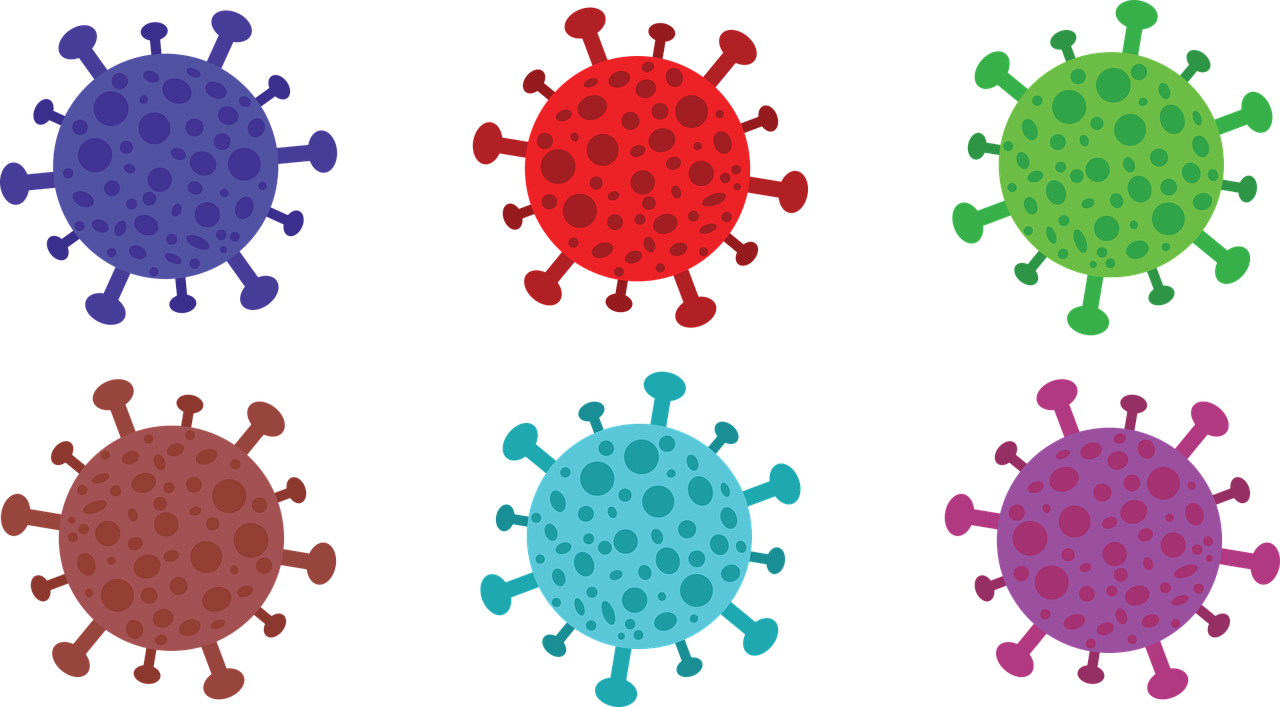Book Appointment Now

Social Effects of HIV and AIDS
The social effects of HIV and AIDS extend far beyond the medical symptoms, deeply impacting individuals, families, and communities. People living with HIV/AIDS often face not only physical health challenges but also significant social stigma, discrimination, and psychological distress. Nurses play a vital role in addressing these social impacts through education, support, and compassionate care. In this article, we will explore the social implications of HIV/AIDS and how nursing interventions can help mitigate these effects, improving the quality of life for those affected.
Get a custom nursing essay with your social implications of HIV/AIDS assignment? ![]()
Understanding the Social Impact of HIV and AIDS
HIV/AIDS is not just a medical condition but a societal challenge that affects various aspects of a person’s life. The diagnosis often brings about feelings of isolation, fear, and stigma, making it difficult for individuals to seek the help they need. The social effects of HIV and AIDS are often characterized by discrimination in employment, healthcare, and social relationships.
Key Social Challenges Faced by HIV/AIDS Patients:
- Stigma and Discrimination: HIV-positive individuals often experience judgment and exclusion from their communities, workplaces, and sometimes even family members. See SOCW 8205 wk7 HIV/AIDS Stigma and Discrimination essay assignment.
- Mental Health Issues: The stress of living with HIV can lead to anxiety, depression, and other mental health conditions. Fear of social rejection exacerbates these psychological challenges.
- Economic Hardship: Many individuals with HIV/AIDS struggle with job security due to discrimination or health-related work absences, leading to financial difficulties.
Nurses, as frontline caregivers, are in a unique position to support patients by advocating for equal treatment, providing emotional support, and educating communities to reduce stigma.
The Role of Nurses in Addressing the Social Effects of HIV and AIDS
Nurses play a critical role in mitigating the social effects of HIV and AIDS through education, counseling, and advocacy. Their ability to provide holistic care, which includes addressing social and emotional needs, is crucial for the well-being of HIV-positive patients.
Nursing Interventions for HIV/AIDS Patients:
- Providing Emotional Support: Nurses can offer counseling to help patients cope with the emotional challenges of living with HIV. By creating a safe, non-judgmental space, they help individuals manage the psychological effects of stigma and isolation.
- Patient Advocacy: Nurses can advocate for patients’ rights, ensuring they receive equal care and are protected from discrimination in healthcare settings and workplaces.
- Education and Awareness: Nurses are key in educating both patients and communities about HIV/AIDS, helping to dispel myths and reduce stigma. Raising awareness can foster a more inclusive environment for individuals living with HIV.
By focusing on these interventions, nurses can help reduce the social burden of HIV/AIDS on affected individuals, improving their quality of life.
Stigma and Discrimination: A Major Social Barrier for HIV/AIDS Patients
One of the most significant social effects of HIV and AIDS is the persistent stigma associated with the virus. Despite advancements in medical treatments and knowledge about transmission, many individuals living with HIV still face prejudice and discrimination.
Common Forms of Stigma and Discrimination:
- Healthcare Discrimination: Some patients with HIV report being treated unfairly by healthcare professionals due to misconceptions about the virus. Nurses must combat this stigma by ensuring that all patients receive respectful, dignified care.
- Workplace Discrimination: Many HIV-positive individuals face challenges in maintaining employment due to discrimination or fears of disclosing their status.
- Social Isolation: The fear of being ostracized by friends, family, or the community leads many individuals to hide their diagnosis, further exacerbating feelings of isolation.
Nurses are essential in advocating for patients’ rights, ensuring they are treated fairly, and fostering environments of understanding and compassion in healthcare settings.
Psychological Effects of HIV and AIDS
Living with HIV/AIDS can significantly affect a person’s mental health. The fear of stigma, the physical demands of treatment, and the uncertainty of the future contribute to psychological distress. Nurses must be aware of the emotional toll HIV/AIDS can take on patients and incorporate mental health support into their care plans.
Psychological Impacts:
- Depression and Anxiety: Many individuals with HIV struggle with depression, anxiety, and feelings of hopelessness, particularly due to social isolation and stigma.
- Fear of Disclosure: Patients often fear disclosing their HIV status to friends, family, and even healthcare providers, which can lead to a lack of social support.
- Coping with Chronic Illness: Managing HIV as a chronic illness requires long-term adherence to treatment plans, which can be overwhelming and lead to burnout.
Nurses can provide psychological support through counseling, referrals to mental health services, and creating an environment where patients feel safe discussing their emotional concerns.
Reducing the Social Effects of HIV and AIDS Through Education
One of the most powerful tools nurses have to reduce the social effects of HIV and AIDS is education. By raising awareness about how HIV is transmitted and treated, nurses can help dispel myths and reduce the stigma surrounding the virus.
Key Educational Focus Areas for Nurses:
- HIV Transmission Facts: Nurses should educate patients and the public about how HIV is spread and emphasize that it cannot be transmitted through casual contact, such as touching, hugging, or sharing utensils.
- The Importance of Testing and Treatment: Encouraging regular testing and adherence to antiretroviral therapy (ART) can help individuals manage their condition and prevent transmission to others.
- Promoting Inclusivity: Nurses can lead community outreach programs that promote inclusivity and understanding for individuals living with HIV, helping to reduce social stigma.
Through these educational efforts, nurses can empower individuals living with HIV and create supportive communities that value acceptance and understanding.
The social effects of HIV and AIDS are profound, impacting not only the physical health of individuals but also their emotional well-being, relationships, and place in society. Nurses have a critical role in addressing these social challenges by providing education, emotional support, and advocating for the rights of HIV-positive individuals. Through compassionate care and community outreach, nurses can help reduce the stigma surrounding HIV/AIDS and improve the overall quality of life for those affected. See SOCW-6101-Wk7 Working With Clients With HIV/AIDS: The Case of Pedro







